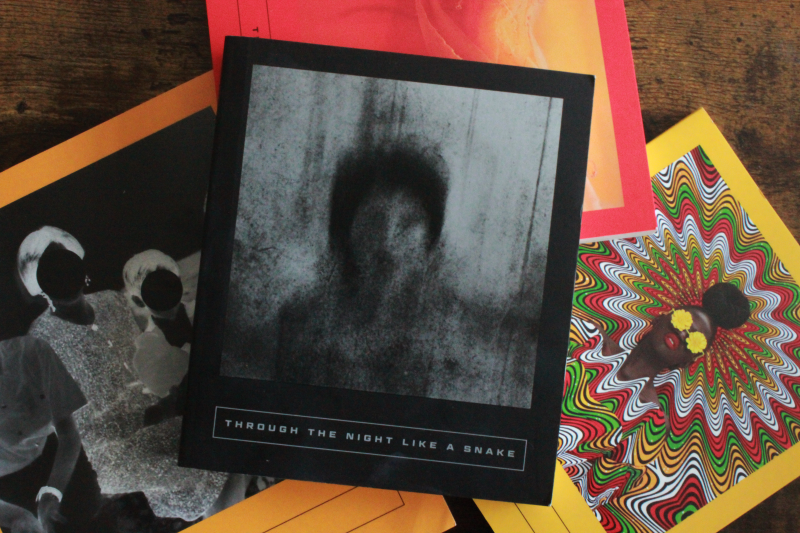There’s a certain beauty in translating literature from other languages — a delicate art of re-interpretation that requires a fusing of author and translator to create a third voice. Even more intricate is when a translation undergoes another level of filtration as it’s adapted from the written word into a stage performance.
That’s exactly what happened when the notable Ecuadorian writer Mónica Ojeda’s short story “Soroche” was picked up for translation by San Francisco’s Two Lines Press, then morphed into a live stage adaptation by Cuentero Productions and the Center for the Art of Translation.
Initially translated from Spanish to English by Sarah Booker and Noelle de la Paz, the story — which details the dizzying erosion of social relationships during a group trip gone wrong in the Andes — was first included in a short story collection titled Through the Night Like a Snake: Latin American Horror Stories.
Rather than taking on the trope of an external monster, Ojeda explores the psychological horrors of flawed friendships and everyday hypocrisies that lurk beneath the surface of our relationships. Under pressure, these are the fissures that can disastrously combust. Fueled by the dissolution of a sex scandal, broken trust and an abusive partner — and told through the alternating perspectives of a group of women friends — the story exposes the horrors of inescapable humiliation and social isolation in the modern world.
The sonically and psychologically layered performance is slated for one-night only at San Francisco’s Brava Theater on Thursday, June 6 at 7 p.m. The play stars Catalina Plata Guevara, MJ García, Claudia Andrea Escobar and Laura Ubaté.


